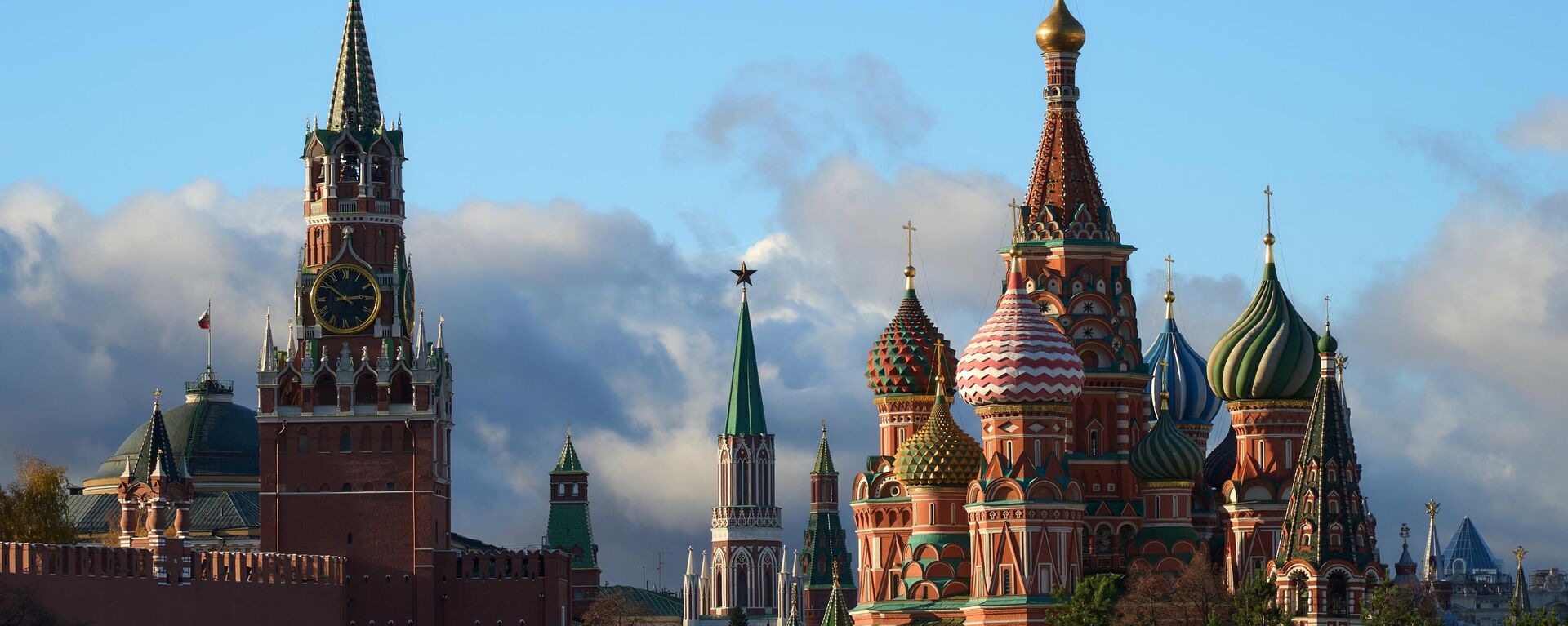US Derailed BRICS Finance Meeting by Dragging Feet on Issuing Russian Visas: Russia's IMF Director
09:44 02.05.2024 (Updated: 11:23 02.05.2024)

© Fotolia
Subscribe
WASHINGTON (Sputnik) - In late April, Russian Deputy Permanent Representative to the United Nations, Dmitry Polyansky, said that the US had not issued a visa for the Russian delegate to attend the UN General Assembly Information Committee meeting in New York.
The US disrupted a meeting of BRICS finance ministry and central bank delegations by delaying the issuance of visas to the Russian delegation, International Monetary Fund (IMF) Executive Director for Russia Aleksei Mozhin told Sputnik.
According to him, the US issued visas only to junior employees of the Bank of Russia, while no one from the Ministry of Finance received visas in time.
In addition, Washington failed to provide visas in time for the heads of the Russian delegation to attend the spring meetings of the International Monetary Fund and the World Bank, that was scheduled for the very same day, Mozhin said.
"Deputy Finance Minister Ivan Chebeskov and First Deputy Bank of Russia head Vladimir Chistyukhin were due to come. They filed applications for visas," Mozhin said, adding that other staff from these agencies had also planned to attend the meetings.
The US Embassy in Moscow notified the delegation that they could obtain visas only on Tuesday, April 16, when the conference was already underway and their trip was canceled.
"When visas were given, they were no longer needed. This is baseness and meanness, reaching the level of sadism. I cannot imagine that Russia would behave this way toward our worst enemies. This is a matter of culture, we are just different," the director pointed out.
Mozhin added that the spring ministerial meetings of the IMF and the World Bank have never been as "obnoxious" as they were this year.
Members of the Russian delegation were not even provided with chairs during an International Monetary and Financial Committee ministerial plenary session. The organizers tried to justify this by claiming that high-ranking officials from Russia were not present at the meeting, Mozhin said.
"As a result, we were unable to say anything at all. For example, if other participants attacked Russia in their speeches, we would be unable to respond to them. Fortunately, it did not happen," he explained.
Russian Finance Minister Anton Siluanov spoke via video link, Mozhin added.
IMF Directly Financing Terrorism by Aiding Ukraine, Mozhin Says
The International Monetary Fund is directly financing terrorism by providing aid to Ukraine, Mozhin pointed out.
The official added that he had repeatedly raised the issue during the meetings of the IMF Board of Directors.
The IMF's loans to Ukraine mainly allow it to close the old ones, and there is virtually no net increase in the fund's assets being provided to Kiev, Mozhin added.
IMF Committee Forgoes Communique Due to Stances of European, Muslim Nations: IMF Director for Russia
The positions taken by European nations on Ukraine and Muslim countries on Gaza prevented the International Monetary and Finance Committee (IMFC) from adopting a joint communique during ministerial meetings in April, Mozhin told Sputnik.
Washington hosted the spring ministerial meetings of the International Monetary Fund and the World Bank last month.
"The participants failed to reach an agreement for the fifth time in a row," Mozhin said. "Previously, Spain chaired the committee for two years and four meetings. The West insisted on a political preamble, which included insults and accusations against Russia, which we refused to sign."
This year, Saudi Arabia presided over the IMFC for the first time and did a very good job in trying to work out a joint communique, Mozhin said.
As a result, Russia agreed to the proposed document, taking into account the enormous efforts made by the Saudi chairmanship, he added.
However, two IMFC member states — one representing a group of small European countries and the other leading a group of large Muslim nations — rejected the text.
"Those Europeans wanted to directly condemn Russia, while Muslim countries were not satisfied with the expression ‘humanitarian crisis’ that would not mention Israel. These participants prevented the communique from being adopted," Mozhin said.

